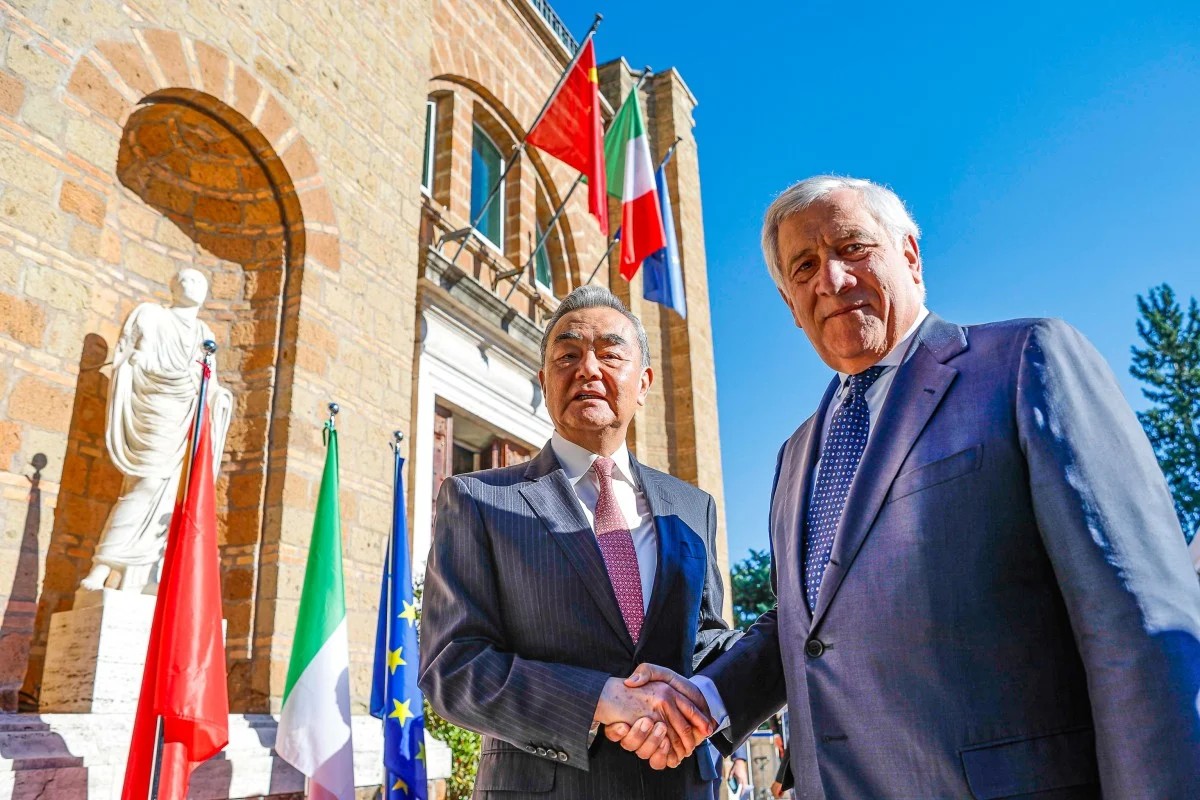
Matteo Giovannini, Senior Finance Manager at Industrial and Commercial Bank of China
Dec 04, 2025
China and Italy’s 55th anniversary of diplomatic ties underscores a shared recognition that disengagement is neither realistic nor beneficial, even as geopolitical tensions rise. The way forward is a pragmatic, economically focused partnership centered on green cooperation, financial connectivity, and people-to-people exchange, and anchored in Italy’s Euro-Atlantic commitments.
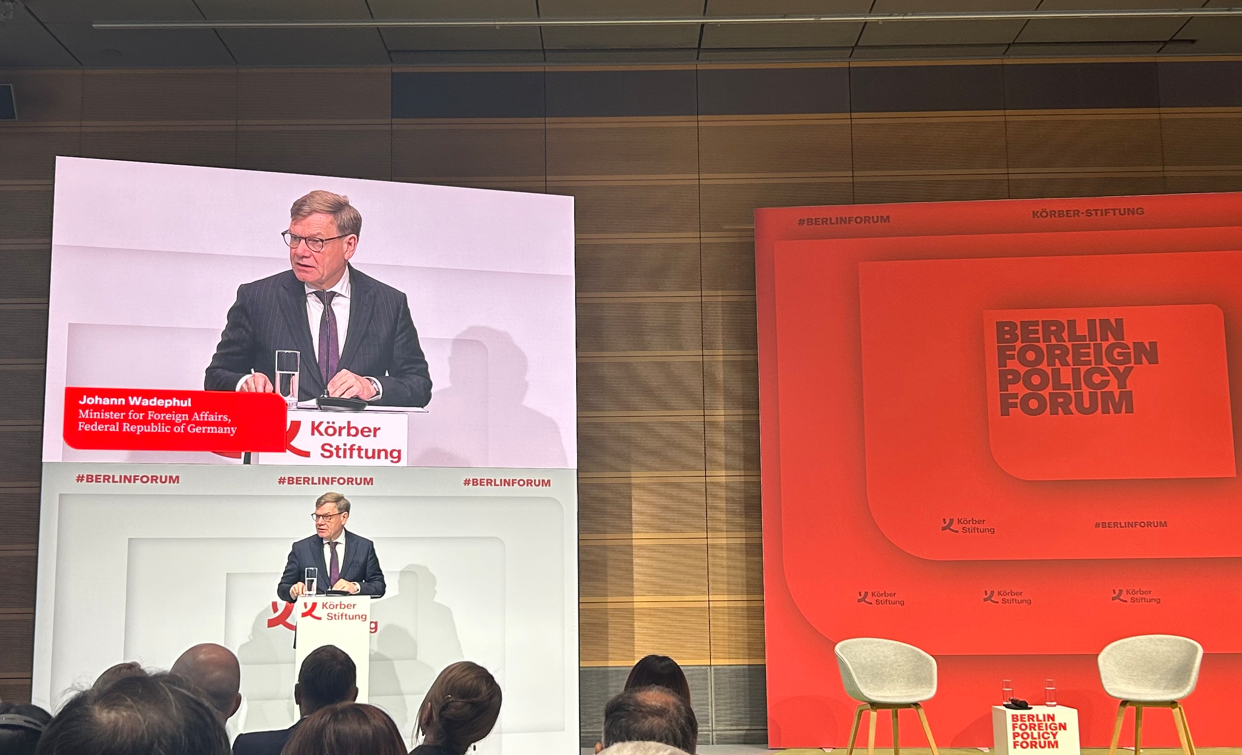
Sun Chenghao, Fellow, Center for International Security and Strategy of Tsinghua University; Munich Young Leader 2025
Dec 02, 2025
Europe’s dissatisfaction, anxiety and dependence will continue to shape the next stage of transatlantic relations. The rift may not lead to a break. But it will likely lead to a relationship that becomes ever more transactional, more realist and ultimately more fragile.
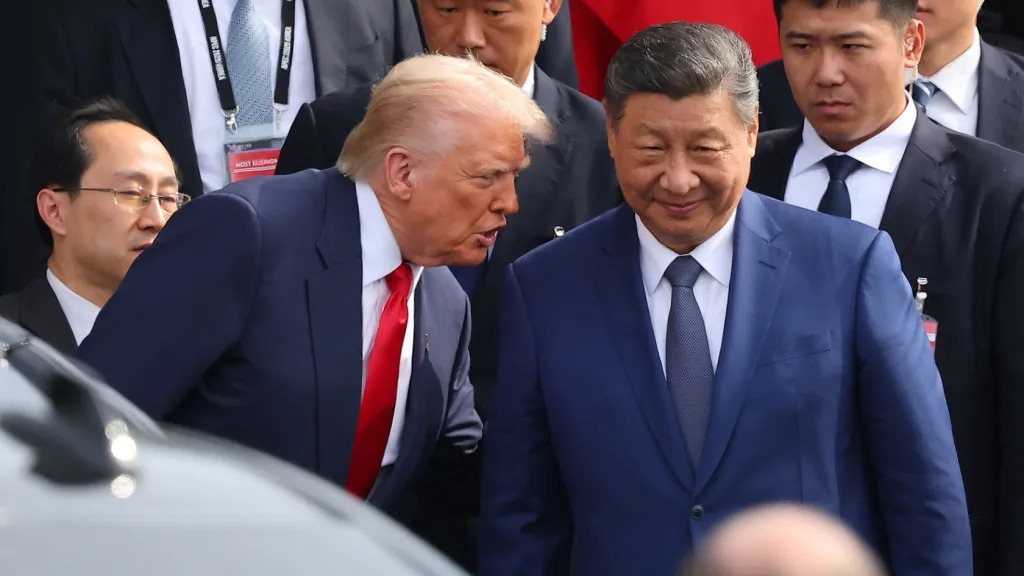
Guo Jinyue, Associate Research Fellow at Department for American Studies, China Institute of International Studies
Nov 28, 2025
The meeting of two presidents in South Korea laid a solid foundation for the future. Both China and the U.S. will exist for a long time on this planet, and that continuity should be reflected in all their relations. They have charted a new course for mutual success.
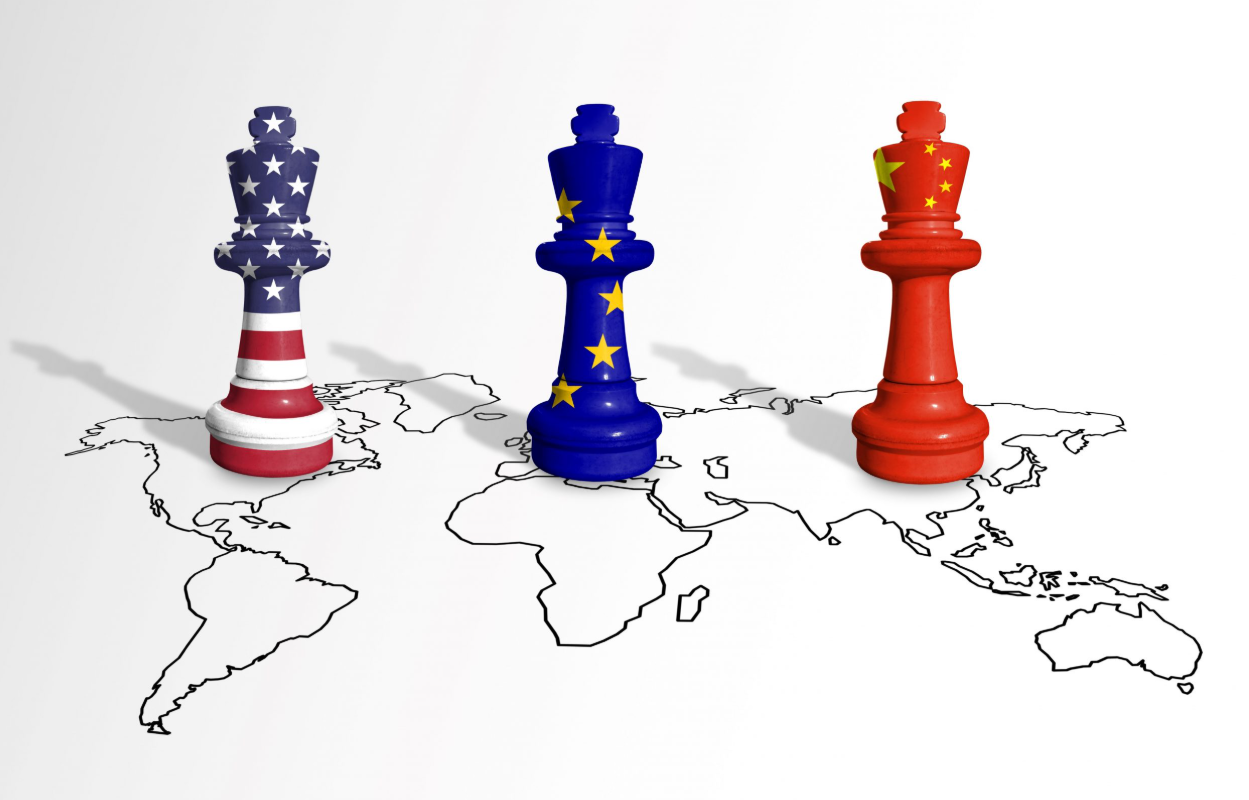
Dong Yifan, Associate Research Fellow, Belt and Road Academy of Beijing Language and Culture University
Nov 28, 2025
By sacrificing Chinese interests to signal alignment with the United States, the European Union overestimates its own leverage and underestimates China’s resilience and strategic resolve, thereby complicating pragmatic China-EU cooperation and impeding coordination on global challenges.
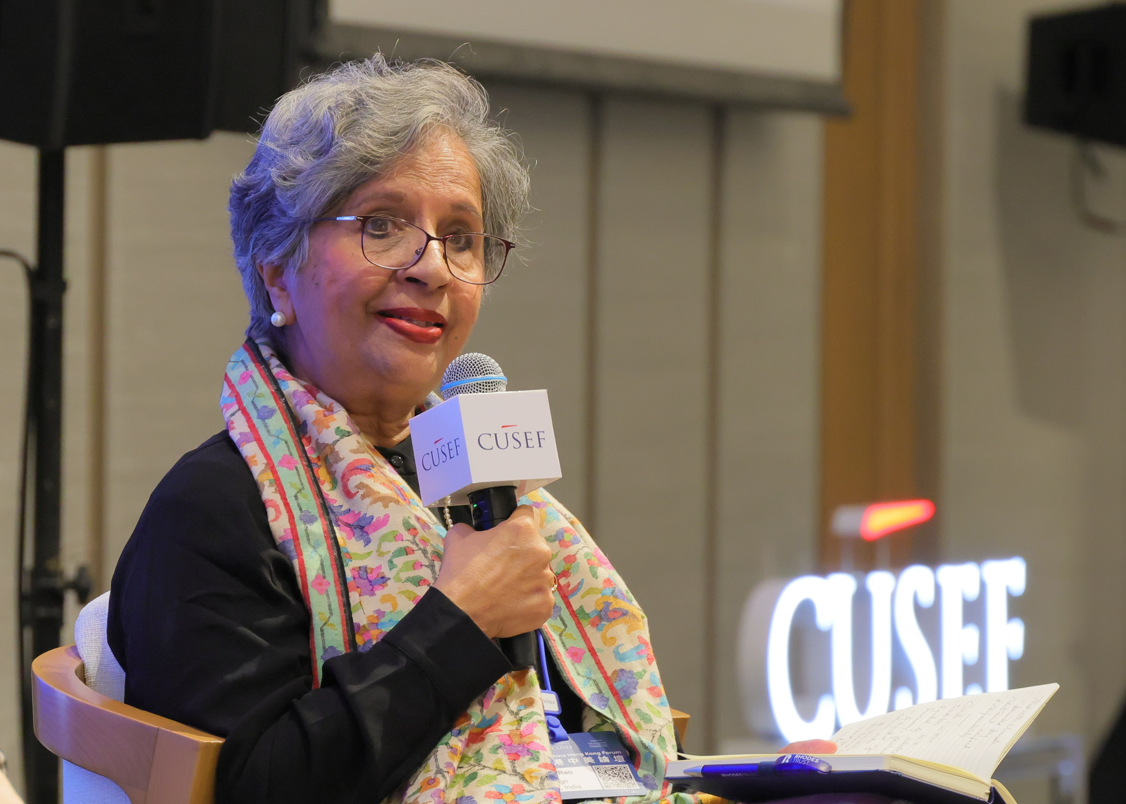
Nirupama Rao, 28th Foreign Secretary, India; former Ambassador of India to China and the United States
Nov 28, 2025
In the tense relationship between the United States and China, Hong Kong emerges as a middle space — a vantage point from which to imagine a way forward. The city’s unique position offers a metaphorical middle ground for dialogue, emphasising the need for new frameworks to navigate today’s complex rivalries.
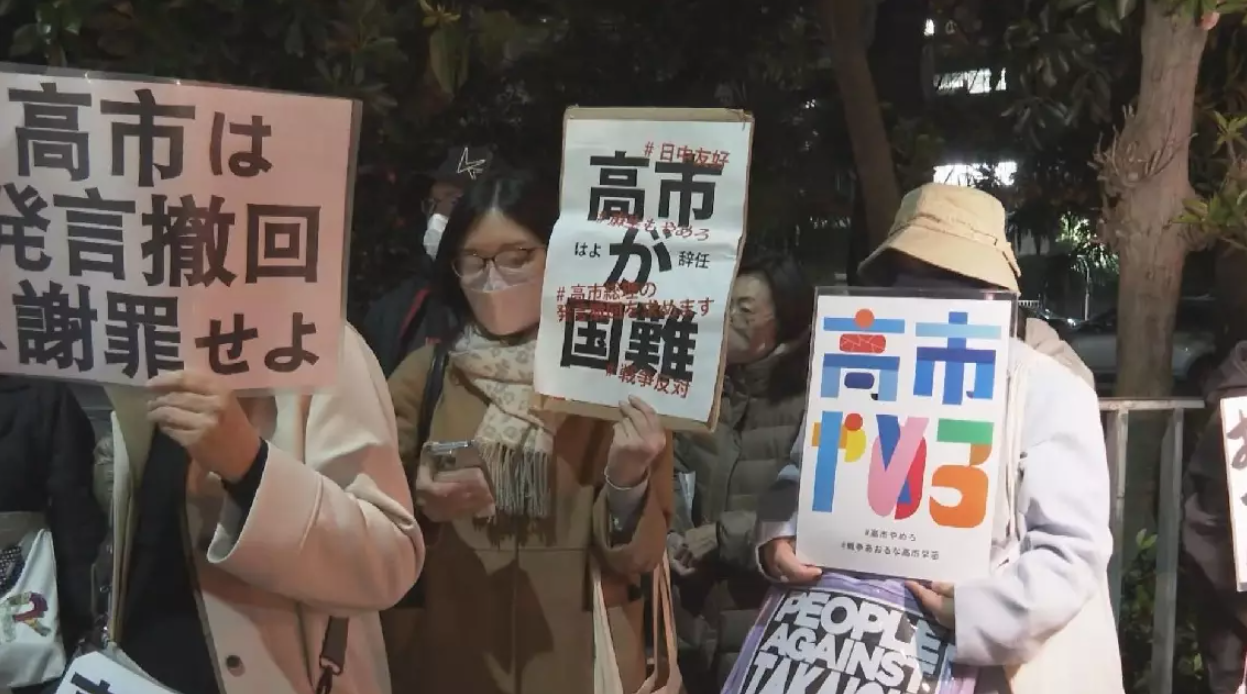
Warwick Powell, Adjunct Professor at Queensland University of Technology
Nov 26, 2025
In mid-November 2025, Japan’s new prime minister, Sanae Takaichi, in a moment of parliamentary pressure, crossed a line that Beijing had long drawn in red ink.
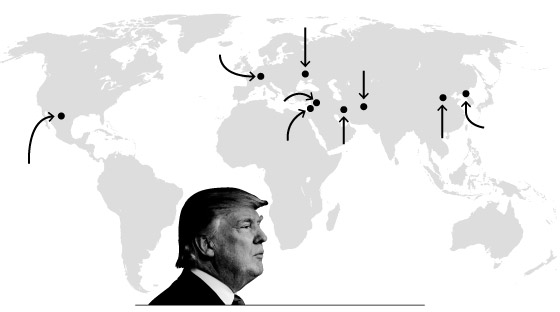
Ted Galen Carpenter, Senior Fellow, Randolph Bourne Institute
Nov 21, 2025
U.S. leaders consistently lack strategic empathy, failing to consider how their actions are perceived by other nations. This longstanding blindness has fueled past conflicts and now risks sparking new crises with Russia and China.
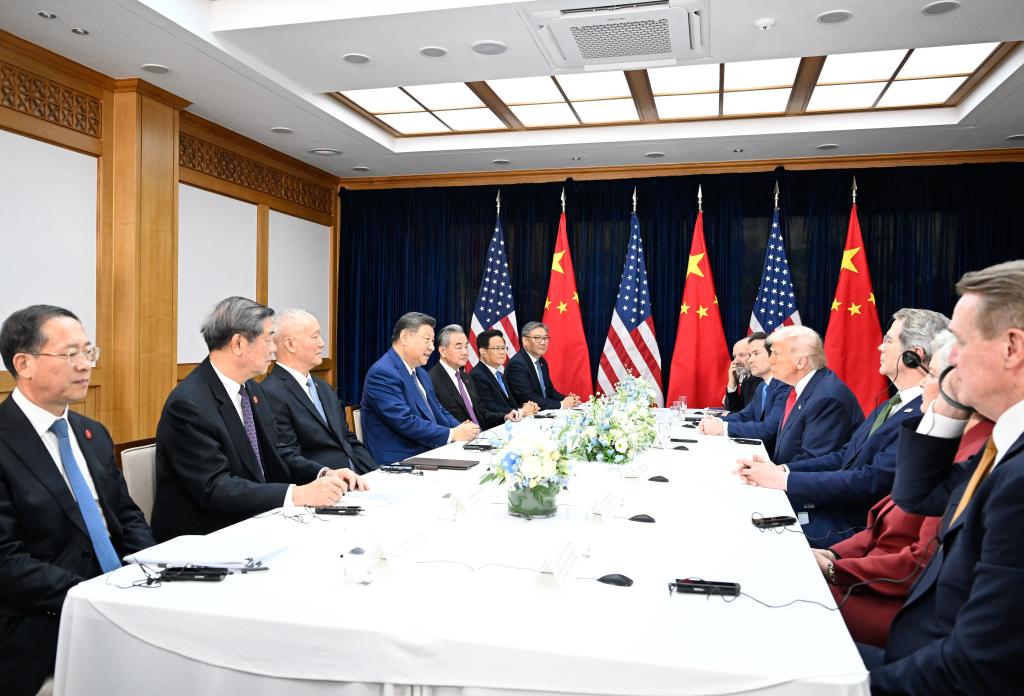
Richard Weitz, Senior Fellow, Hudson Institute
Nov 21, 2025
The meeting between the Chinese and U.S. presidents in South Korea at the end of October resolved some issues but left many unanswered. These deferred questions will likely drive next year’s Sino-American policy agenda.
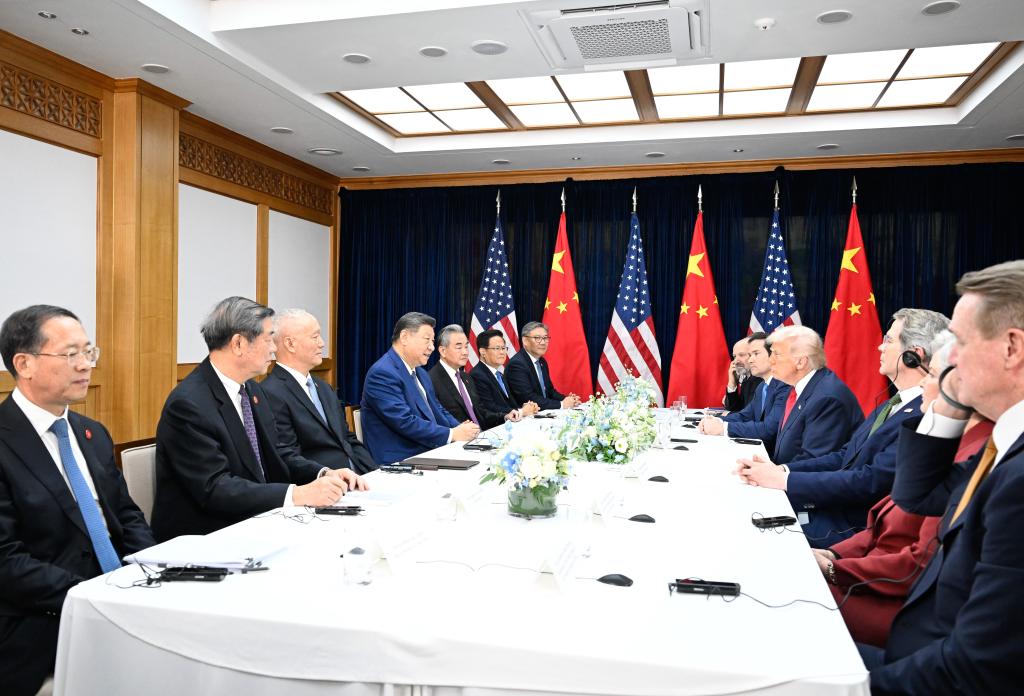
Sujit Kumar Datta, Former Chairman of Department of International Relations, University of Chittagong, Bangladesh
Nov 21, 2025
The message of the meeting of two presidents in South Korea is not one of dominance but of balancing — the idea that great power diplomacy can bring stability to the world in uncertain times.
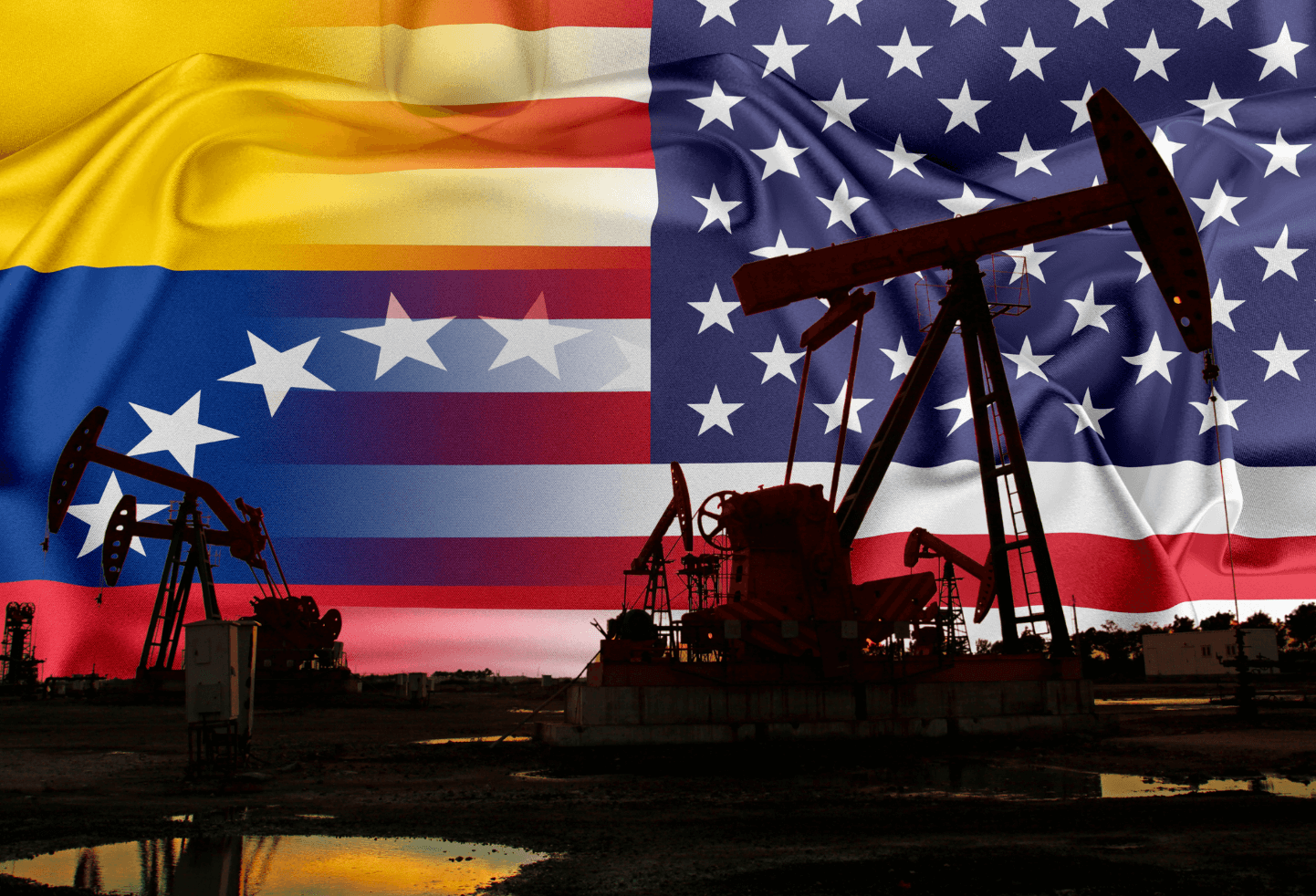
Wang Youming, Senior Research Fellow of BRICS Economic Think Tank, Tsinghua University
Nov 21, 2025
Tensions between Donald Trump and Venezuela are rising against a backdrop of changes in the international order. Moving to rebuild the political biosphere of the Western Hemisphere, Trump is entering a complex and volatile new phase of geopolitics.
Back to Top

- China-US Focus builds trust and understanding between the U.S. and China through open dialogue among thought leaders.
- Our Offerings
- Topics
- Videos
- Podcasts
- Columnists
- Research Reports
- Focus Digest
- Stay Connected
-
Thanks for signing up!
- Get the latest stories from China-US Focus weekly.